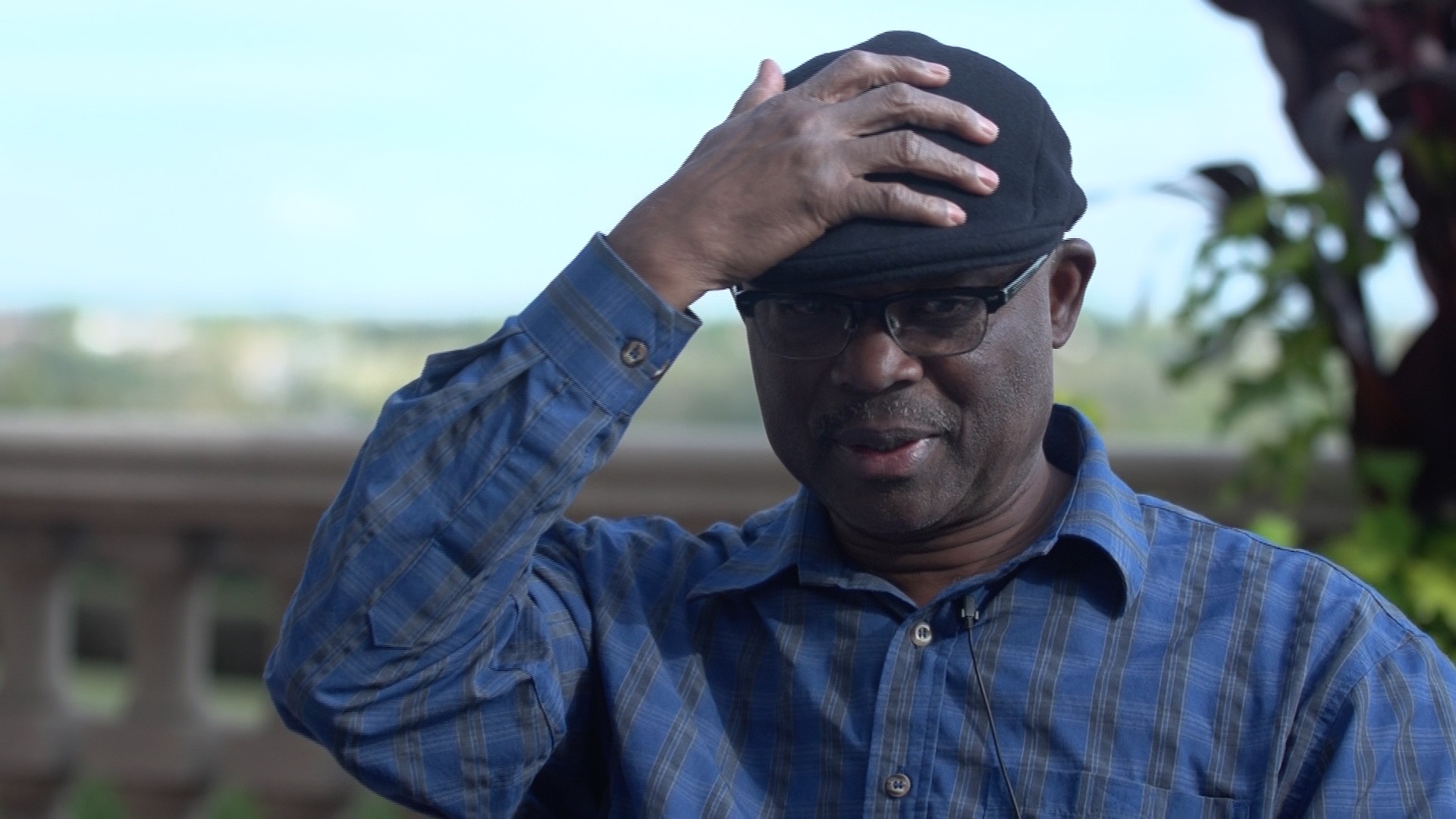 Year: 2013
Year: 2013
Location: Edmonton
Profile: Trinidad-born Selwyn Jacob came to the University of Alberta in 1968 to pursue postsecondary studies in drama and film production. Part of the new wave of Caribbean student migration to Canada, Jacob was an early occupant of the “West Indian House” – today’s Timms Centre on campus – which pioneered West Indian culture and developed West Indian Week as a teaching and community vehicle for cultural integration. The WI House served as a coop/ community centre and home for all West Indians living in isolation. Several pioneering Caribbean groups were also formed and housed there, including Caribbean Ambassadors, Tropical Playboys and a steelband.
Following his graduate studies in California, Jacob returned to Edmonton to pursue a career in film production, drama and story telling. He served as the 2nd President of the newly formed Cariwest, developed its philosophy, its challenges of staging a Caribbean cultural event in a new environment, and taking Caribbean street theatre to the main streets of Canada. Jacob describes the historical influences of Trinidad carnival, which morphed into celebrations around the world including Caribana (Toronto), Notting Hill (UK) and Cariwest (Edmonton).
Selwyn Jacob was a producer and director for the National Film Board of Canada, producing some 50 films during his tenure. His films on the lives and experiences of Black Canadians included: We Remember Amber Valley (1984); The Road Taken (1998)(Experiences of Sleeping Car Porters); This Land (2009); Mighty Jerome (2010) (African Canadian track star Harry Jerome); The Ninth Floor (2015) (Sir George William University 1969 Computer Riots Against Racism). His recent production Because We Are Girls (2019) reveals sexual abuse of vulnerable girls in an Indo-Canadian family.
For his contributions to filmmaking and oral histories, Jacob has received an Emmy Award, several Gemini and Leo Awards, Alumni Award (University of Alberta, 2013) and an Honorary Degree (Dalhousie, 2019).
Keywords: Caribbean carnivals; Cultural Identity; Drama; Historic Roots of Slavery; Racism; Racialization; Slavery; Steelband; Street Theatre; Teacher; West Indian Culture; West Indian students
Transcript: Download PDF
